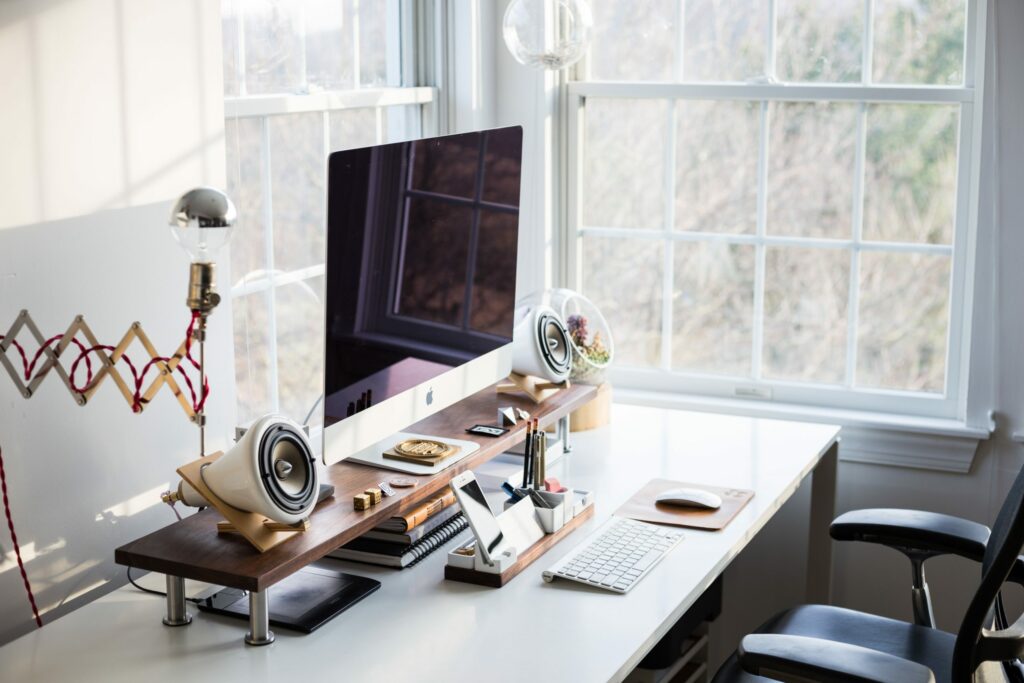An explanation of what you can claim from the tax office while working from home.
Due to the Covid-19 crisis, this year’s claims for home office expenses are going to increase dramatically. Despite the crisis the ATO will still expect you to only claim what you’re entitled to claim. Thus, if you are one of the people who is currently working from home, it’s good to know what you are entitled to claim. Remember that you are responsible to keep detailed records to support any claim.
The overarching principle, which should be remembered, is that for an expense to be deductible, a taxpayer must:
(a) Have incurred the expense;
(b) Not have had the expense reimbursed by your employer or anyone else;
(c) Have incurred the expense in gaining or producing assessable income;
(d) Have evidence of the expense which usually includes substantiation of expenses.
So what expenses are deductible when working from home?
In working out what is deductible, it is important to distinguish between two different categories of expenses – operating expenses (sometimes referred to as running costs) and occupancy expenses.
Operating Expenses
The work-related portion of the following operating expenses may be legitimately claimed:
- Depreciation of home office furniture, fittings and equipment such as computers and desks.;
- The cost of heating, cooling, lighting and cleaning your home to the extent that the cost exceeds the amount normally spent if not working from home;
- The cost of repairing home office furniture and fittings;
- Home telephone calls;
- Internet access charges;
- Printer and printer cartridges;
Occupancy Expenses
Generally, occupancy or ownership expenses cannot be claimed by employees. This includes expenses such as interest on mortgages, rent, council rates and land tax. All such items relate to costs associated with occupying the premises as a whole – as opposed to running costs associated specifically with working from home.
The only genuine qualification to this exclusion arises if there is a dedicated area which is dedicated as a workplace. An example would be a doctor’s surgery run from the doctor’s home.
There is a downside to consider: if a claim is made for occupancy or ownership expenses, the capital gains tax main residence exemption will be compromised (meaning some capital gains tax could be payable on the sale of your main residence). It is not compromised if only operational (running) expenses are claimed.
Using the ATO Rate
The Australian Taxation Office (ATO) has introduced a new method which will allow people to claim 80 cents per hour for all their running expenses, rather than needing to calculate costs for specific running expenses.
The change will apply from March 1 to June 30, after which the ATO will review the arrangement for the next financial year as the COVID-19 situation progresses.
The easiest method is to use the “rate per hour” method. This where the ATO allows a flat rate of $0.80 per hour to cover home-office expenses for heating, cooling, lighting and the value of furniture, without the need to keep details of actual costs.
Note: That you will need to keep track of the time you spend working from home or keep a diary for a representative four-week period to show your usual pattern of working at home. We highly recommended keeping a time sheet so that you can best track your time.
How you would calculate the time is Time x $0.80c = Deduction allowed.
In addition to claiming the $0.80 per hour, you need to have evidence of any other expenses incurred for phones and the internet, computer consumables and stationery and for the depreciation of any computers or other equipment (Keep a copy/record of all your receipts and invoices).
Using the actual expenses incurred method
If you choose to claim under this method rather the cents per hour method, the receipts will be needed together with a detailed explanation of the basis of apportionment such as floor space used for work purposes relative to total work space in the house.
Mobile Phone
Mobile phone usage is also subject to some administrative short-cuts with a standard $50 fixed deduction per year being allowed. Otherwise, an apportioned deduction based on actual expenses is required – to do this you must come up with a method to apportion the private cost of your phone usage from your business usage. The most common way to do this is to review your bill at the end of the month and proportion the private calls made against the business calls made and claim accordingly. You are required to keep a diary for a representative 4-week period.
What about other equipment and services needed to work from home?
Many employees are working from home for the first time. To facilitate this, equipment and services such as laptops or other mobile devices, webcams, headsets, cloud-based platforms for video and audio conferencing and webinars have been quickly purchased in the last few weeks.
If the employer has paid for any of these items outright or reimbursed the employee for any such expenses incurred, the employee cannot claim any amount and the employer is entitled to the deduction for the expense or the decline in value of the depreciating asset. If the employee has incurred the cost without being reimbursed by their employer, they are entitled to claim a deduction to the extent of taxable use, but they must adjust their claim for any private use.
In respect of depreciation of home office furniture, fittings and equipment, & computer equipment, if the amount is less than $300, an immediate deduction for the work-related portion can be claimed; otherwise it must be written off over the effective life of the asset.
What you can’t claim
The ATO have advised that many Australians were now asking if they could claim items like children’s education expenses, as well as tea, coffee and toilet paper which used to be supplied by employers in the office.
The short answer: No.
If you wish to discuss this further, please do not hesitate to contact our office.
| Orange 02 6362 1533 Email us | Molong 02 6366 8049 Email us |

Yates Baker McLean. Accountants and Business Advisors situated in the Central West of NSW.
Offering comprehensive advice for all your financial needs including tax, auditing, business advisory, self managed super funds, specialised industry experience and financial planning.

